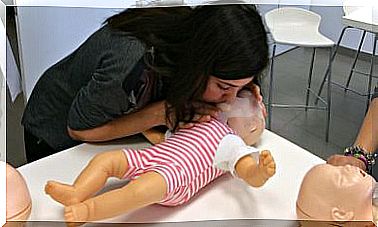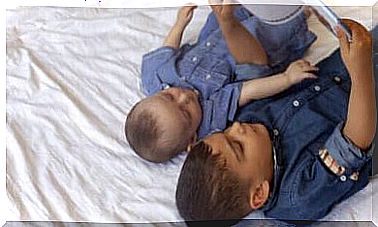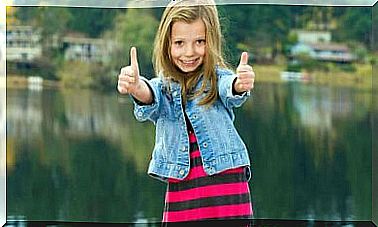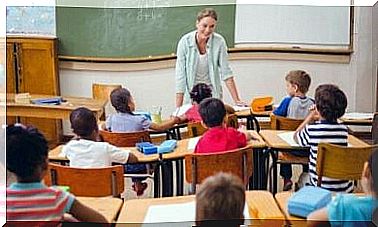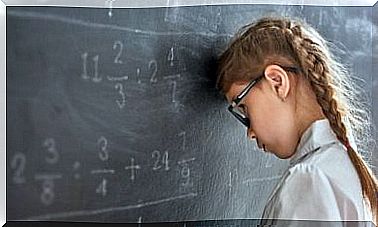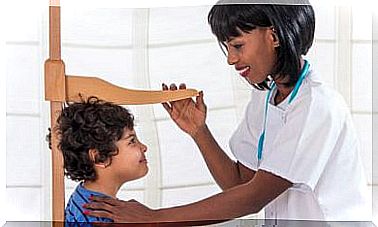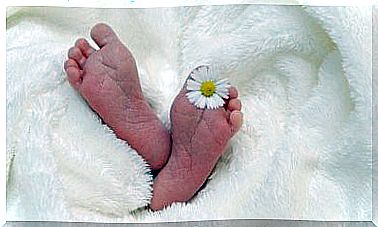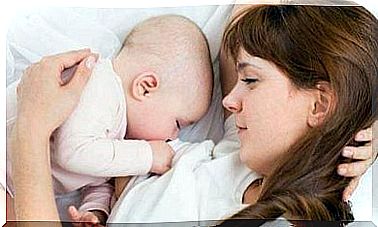Activities To Develop Children’s Social Skills
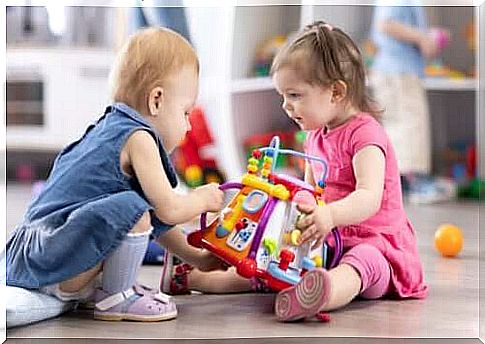
Regardless of whether they are open or reserved, shy or outgoing, all children need to engage in social relationships. Communicating, interacting with each other and sharing with others are things that are necessary for healthy physical and psychological development. But the ability to get along well with others is not always intrinsic and must be learned and taught. That is why we propose some activities to work on children’s social skills.
Not having the right social resources can cause serious difficulties for children. From problems with self-esteem, sadness and fear of rejection to stress or social anxiety.
It is therefore important that we provide them with sufficient tools from their early childhood. This allows them to see social interaction as something simple and rewarding.
Activities to develop children’s social skills
There are many social skills that we use every day that we can strengthen in children. From the simplest, such as introducing yourself, giving a compliment, or starting a conversation, to the more complex, such as following instructions, asking for help, or setting boundaries.
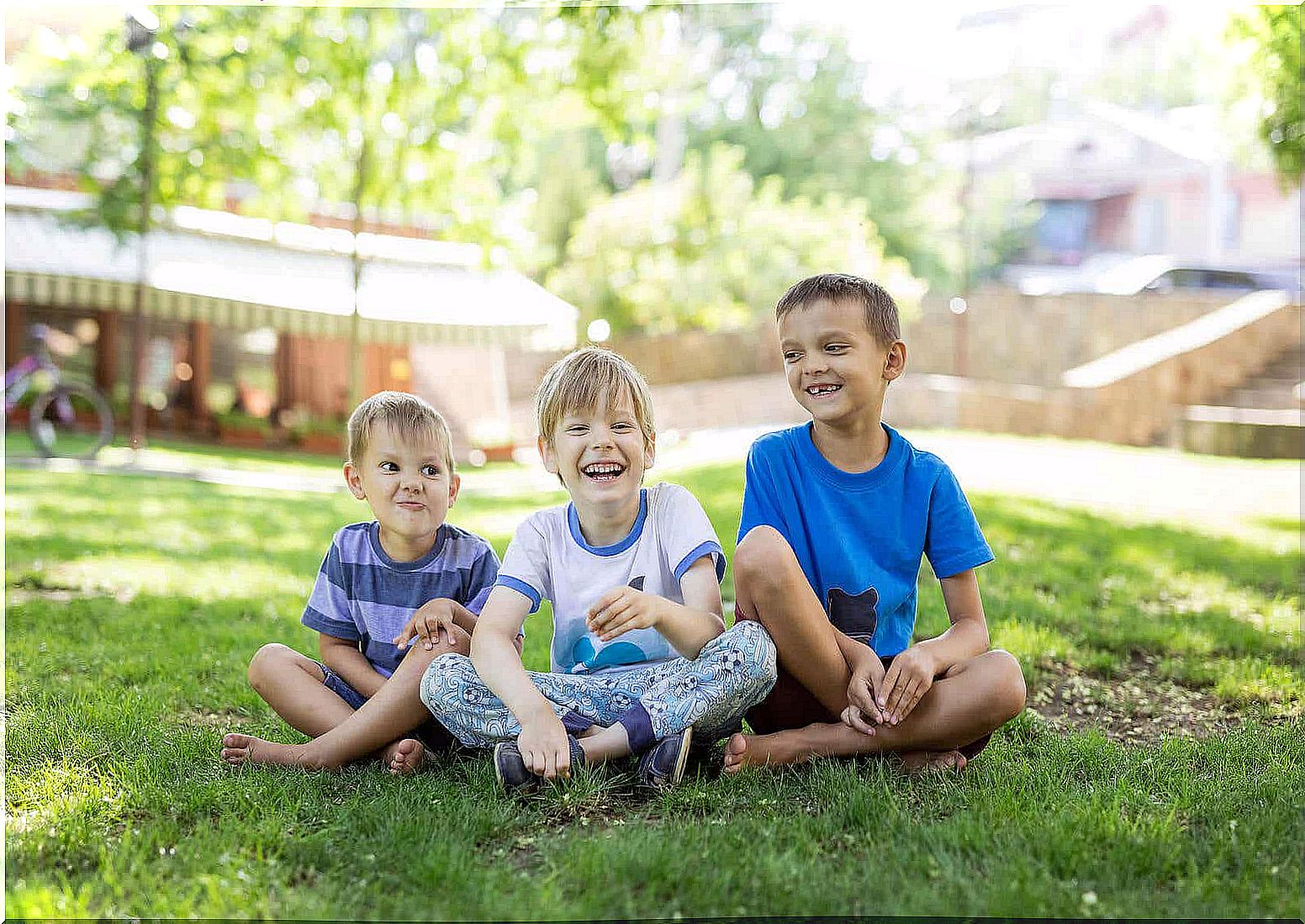
Below we focus on some of the most important ones and how we can teach them in a simple and fun way.
Empathy
To work on empathy with children, we need to help them recognize, understand, and respond to other people’s moods.
To do this, one of the simplest exercises is to show them pictures of faces expressing different emotions. Then we ask them to say what they think those people are feeling. We can also do it the other way around. For example, we can give the child an emotion and invite him to act it out with his own gestures.
Books and movies can also be very useful tools for promoting empathy. So we can ask the kids what each of the characters is feeling, and what makes them feel that way. Likewise, it is interesting to encourage them to think about what emotion they would experience in that situation, and how they would like to be treated by others.
Assertiveness
Assertiveness is an essential social skill, as it is closely related to self-esteem. To develop it, role play is one of the most suitable activities.
Children are formed into pairs and the situation is explained to them. That could be asking for a favour, saying “no” to a request, expressing an opinion, negotiating with the other person, etc…
Before doing this activity, it is important to explain the correct way to express ourselves without being disrespectful to others, but still defending our opinions and wishes. The rest of the children play the role of spectator. They decide what they think of the scene, what is good, and what could be improved.
Cooperation
To learn to work together, we must confront the children with games or activities that require teamwork. Treasure hunting in a team, for example, can be very interesting. In this activity , the children must combine their skills to solve experiments and puzzles.
‘The Big Turtle’ is another game that is as useful as it is fun. Several children are put on all fours. A mat is placed on top of them, which is the turtle’s shell.
They are then instructed to carry the turtle from one point to another or create a circuit. In doing so , they see the need to coordinate their movements to prevent the shield from falling and moving forward .
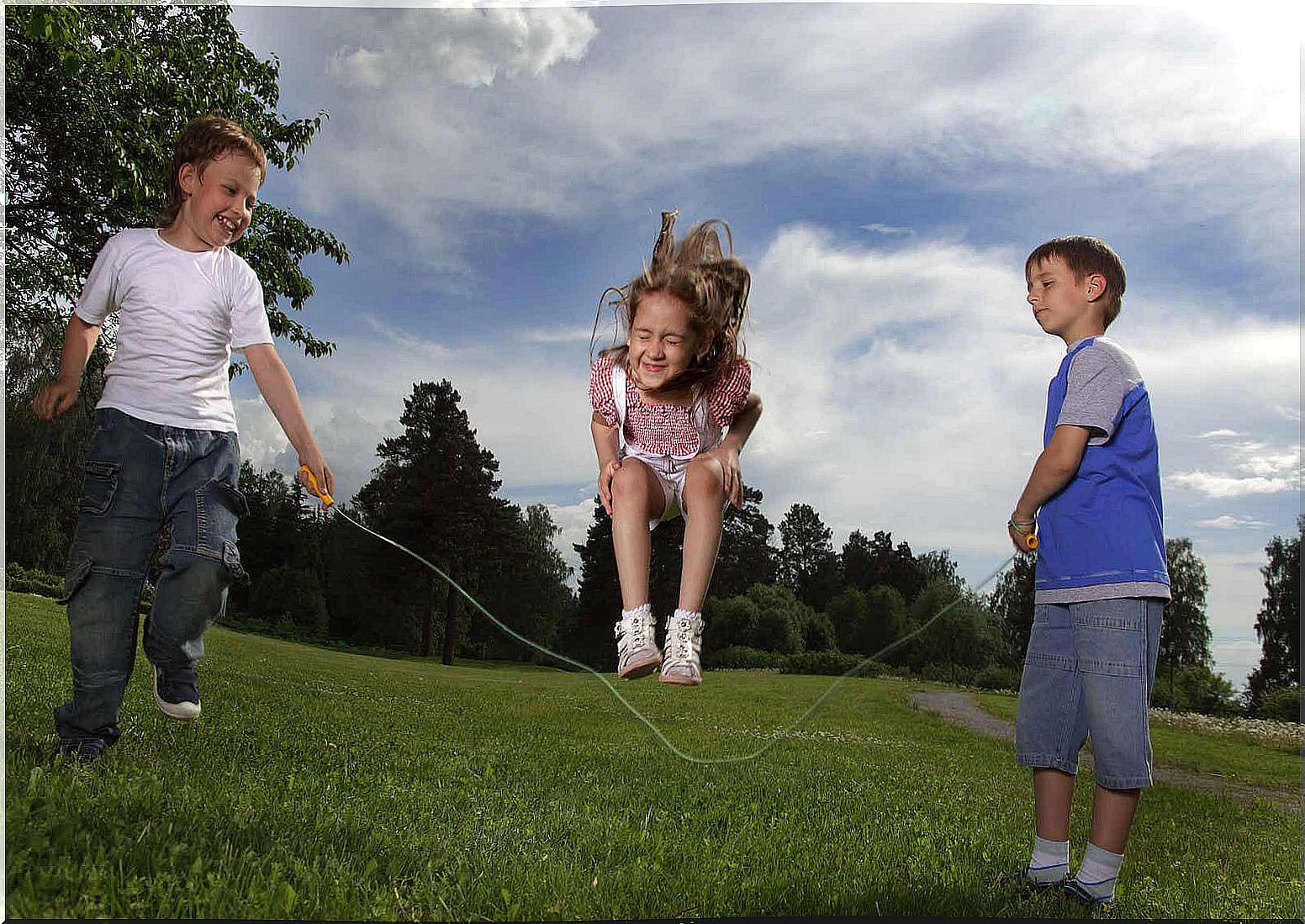
Other activities to develop children’s social skills
Working on social skills with children is best done in a natural and fun way in everyday contexts. Board games, for example, can be very helpful in teaching children to take turns.
The traditional “Simon Says” game is ideal for developing the ability to follow instructions. Also dynamics as blindfolds and guiding partner enhance interpersonal trust.
Above all, we must not forget that the family is the main socializing body and that parents are the main reference figures. Therefore, our own behavior is the best guide for our children.
So let’s become aware of how we relate to each other, how we express ourselves, and what ideas we convey to our children about socializing. Acquiring these skills in childhood will certainly prepare them for success in many areas of their lives.
